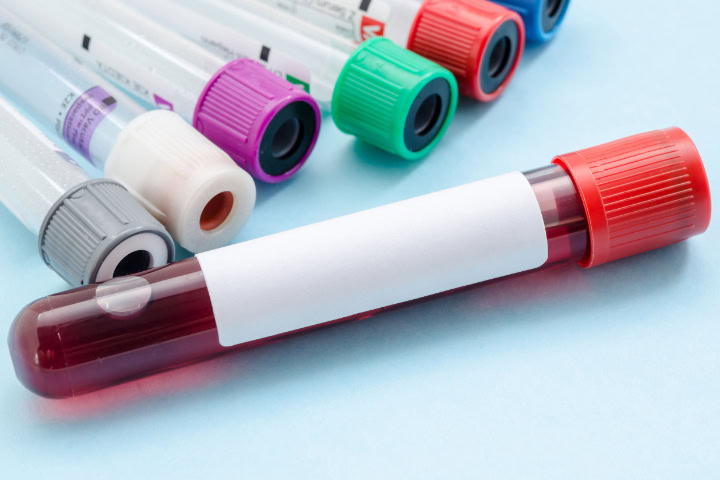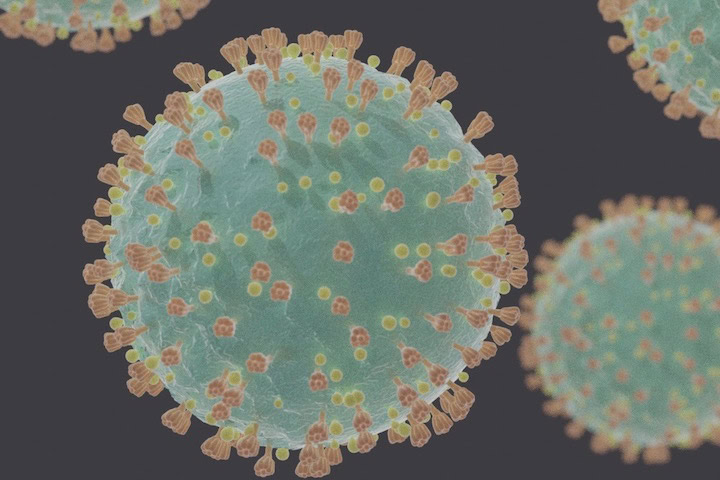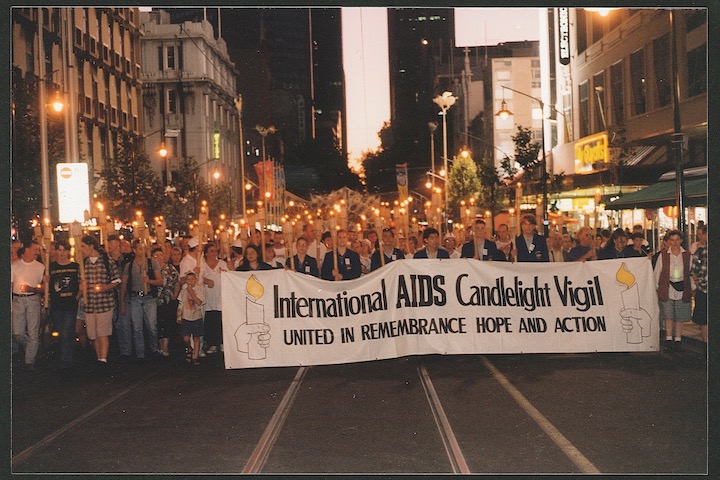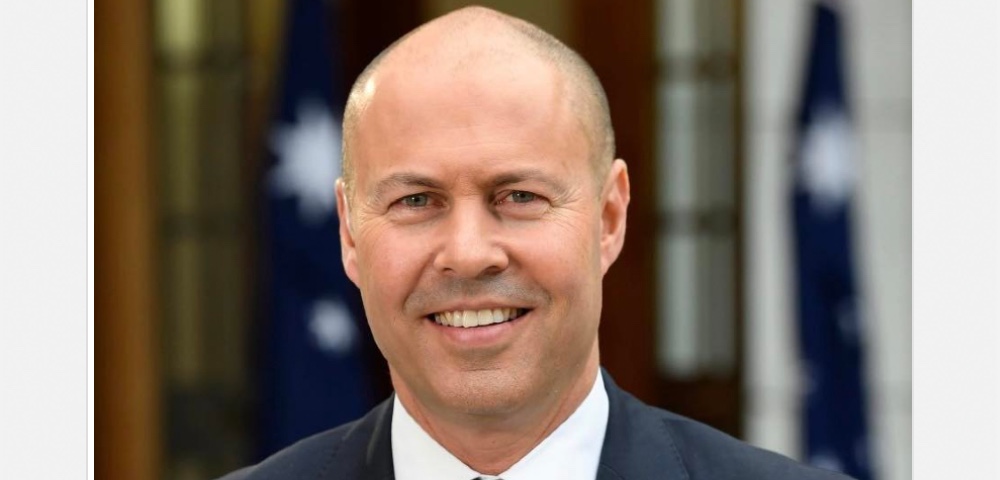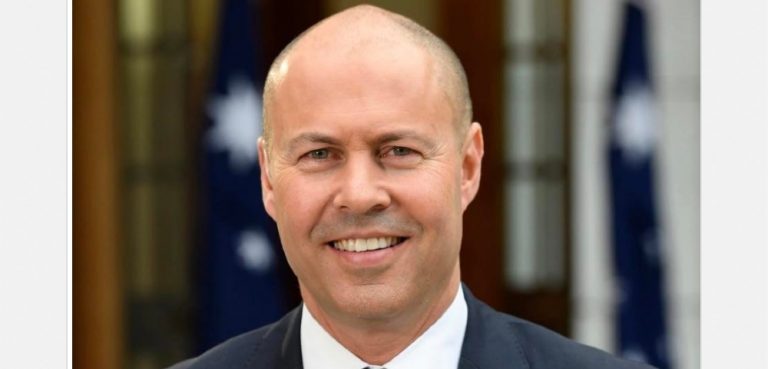
Trade deal threat to HIV meds
Australia’s peak HIV organisation has warned Australia needs to do more to combat an aggressive free trade deal which could prevent access to cheaper HIV medication in the Asia Pacific region.
A group of six health and fair trade organisations, including the Australian Federation of AIDS Organisations (AFAO), has written to Prime Minister Julia Gillard urging Australia to reject US proposals to extend intellectual property rights for pharmaceutical companies which would delay the introduction of more affordable generic drugs.
The call comes following a meeting in Melbourne this month at which Australia took part in Trans Pacific Partnership Agreement (TPPA) negotiations with the US and seven other nations.
AFAO executive director Rob Lake said it would be hypocritical for Australia – which sinks millions of dollars of aid money into HIV prevention programs in the region – to not take a stronger stand.
“From our point of view, we’re confident the Australian Government is not going to let any of this affect Australia and the drug-pricing regime inside the [Pharmaceutical Benefits Scheme] PBS,” Lake said.
“What we have said throughout the process is we’re more concerned for the less powerful countries negotiating, particularly Vietnam and Malaysia, who are more dependent on generic drugs and for whom opening up to US markets is a bigger deal.
“What we’ve tried to get the Australian Government to do is to advocate for them as well, but they haven’t shown strong leadership. They’ve said these governments have to do their own negotiating.”
In the letter to Gillard, the group said the US proposals also fly in the face of a declaration made by both the US and Australia at a United Nations meeting on HIV in New York in June that they would “commit to remove before 2015, where feasible, obstacles that limit the capacity of low- and middle-income countries to provide affordable and effective HIV prevention and treatment products, diagnostics, medicines and commodities and other pharmaceutical products”.
Lake said cheaper HIV medication could have a huge impact on containing the virus in the region.
“The argument is particularly compelling given recent research which has seen that access to HIV medications is not only keeping people alive, but actually dramatically reducing a person’s viral load, which has a huge impact on transmission and should be part, alongside condoms, of any strategy for prevention.”
Public Health Association of Australia spokeswoman Dr Deborah Gleeson backed Lake’s calls.
“Low-cost generic drugs are especially important in treating people with HIV/AIDS in developing countries,” she said.
“Thanks to generic drugs, the cost of treatment has come down by 99 percent over the last 10 years, and many more people have been able to be treated.”
TTPA nations include Brunei, Chile, Malaysia, Peru, Singapore and Vietnam.

